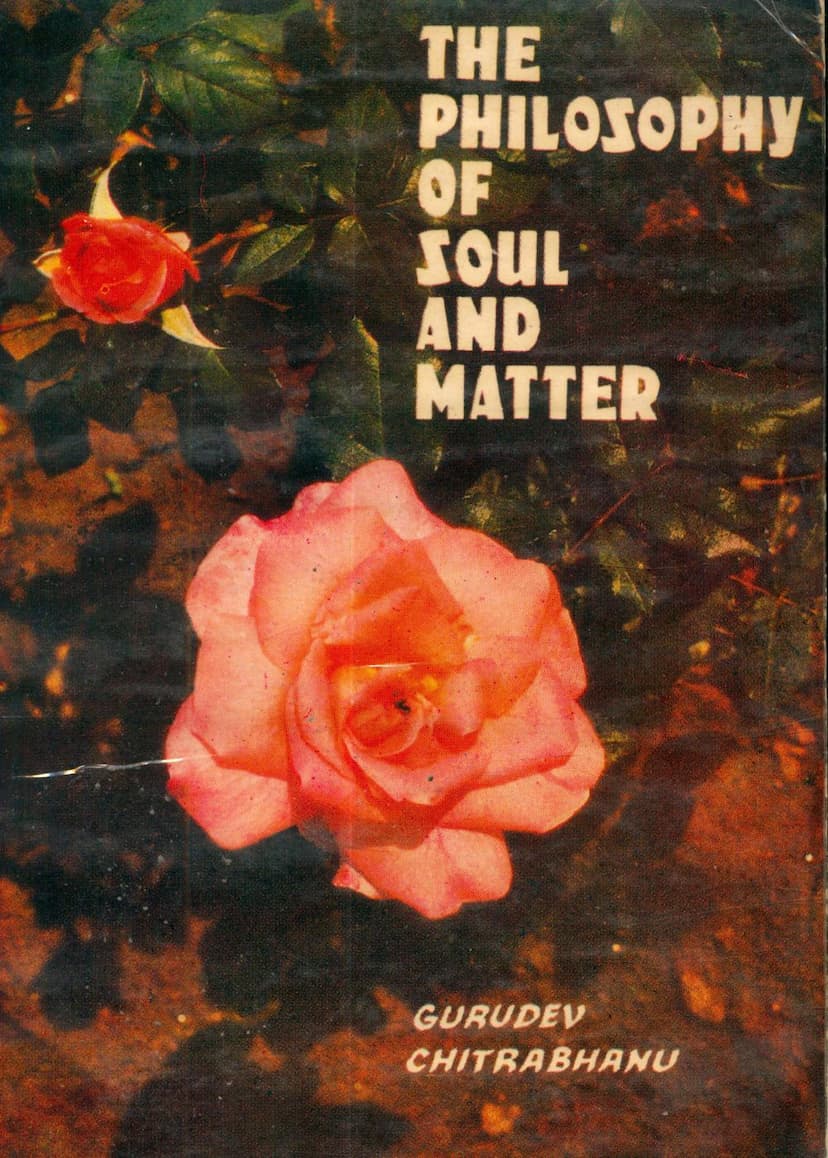Philosophy Of Soul And Matter
Added to library: September 2, 2025

Summary
"The Philosophy of Soul and Matter" by Gurudev Shree Chitrabhanu, with editorial contributions from Clare Rosenfield, published by the Jain Meditation International Center, is a guide to understanding the fundamental nature of existence from a Jain spiritual perspective. The book aims to help readers differentiate between sentient energy (soul) and insentient energy (matter), and to realize their own true nature.
Core Concepts:
- Sentient Energy (Atma/Soul): This is the immortal, conscious essence within all living beings. It is described as pure awareness, dynamism, and life-giving force, incapable of physical harm or stagnation. Gurudev often uses the term "sentient energy" to emphasize its inherent aliveness and dynamism, contrasting it with the inertness of matter.
- Insentient Energy (Atom/Matter): This refers to the material world, composed of atoms and molecules that are in constant flux, subject to composition and decomposition. It is unconscious and operates according to material laws. The book also categorizes intangible insentient energies as abstract principles: motion, rest, space, and time, which govern the material world.
- Vibrations: Everything in the universe, both sentient and insentient, operates through vibrations. Sentient energy has inherent pure vibrations, while matter creates vibrations through the interaction of its atoms. Human thoughts, feelings, and actions also create vibrations, which, according to the law of karma, attract corresponding particles from the universe.
- Karma: In this philosophy, karmas are insentient particles attracted to the soul by its own vibrations, particularly those stemming from passions (kashaya) like anger, greed, pride, and deceit. These karmas cloud the soul's clear vision and determine one's physical form, circumstances, and life experiences. The book emphasizes that one's karmic makeup is a result of personal choices and vibrations, not external forces.
Key Themes and Teachings:
-
Distinguishing "I" from "Not I": The book stresses the importance of recognizing that our sense of "I" is often tied to temporary conditions, emotions, labels, and physical forms (the "not I"). True self-realization comes from identifying with the changeless sentient energy within. Like a seed that contains the potential for growth, the soul is an enduring essence that transcends physical death and change.
-
The Role of the Mind: The mind, while a fine form of matter, can become a tool for spiritual growth when it is purified and guided by sentient energy. Uncontrolled by the soul, the mind can create "holes" through judgments, resentments, and attachments, preventing it from retaining the universe's gifts. Meditation and introspection are presented as ways to purify the mind, allowing awareness to illuminate negative elements and bring about transformation.
-
The Law of Karma and Responsibility: The book explains that our actions and thoughts create vibrations that attract karmic particles, shaping our present and future. It emphasizes personal responsibility, stating that we are the "makers" of our own destiny. Blaming external factors is discouraged; instead, the focus is on understanding how our internal states create our reality.
-
Transformation through Meditation and Awareness: The core message is that through conscious awareness, introspection, and meditation, one can learn to transform negative vibrations into positive ones. This process involves recognizing the source of negative patterns, stopping their influx (samvara), and evaporating accumulated karmas (nirjara). By shedding old habits and attachments, one can reconnect with their innate power and blissful nature.
-
Interdependence and Universal Love: The book highlights the interconnectedness of all beings and the universe. It promotes the idea of "Parasparo Upagraho Jivanam" – mutual help and growth. True prosperity is living in freedom, according to one's inner command, and positively influencing others, sharing what one needs and wants for oneself.
-
The Nature of Prosperity: Prosperity is defined not just in material terms but as freedom, mastery over oneself, positive influence, and healthy living driven by positive thoughts. The book argues that spiritual and mental impoverishment stems from internal limitations and a lack of awareness.
Overall Message:
"The Philosophy of Soul and Matter" is a practical guide to spiritual awakening, advocating for a shift from identifying with the transient material world to realizing the eternal, conscious self. It teaches that by understanding the interplay of soul and matter, and by mastering one's thoughts and vibrations through consistent spiritual practice, one can break free from limitations, experience profound peace and bliss, and live a life of purpose and contribution. The book encourages readers to test these principles through their own lived experience, rather than accepting them on faith alone.